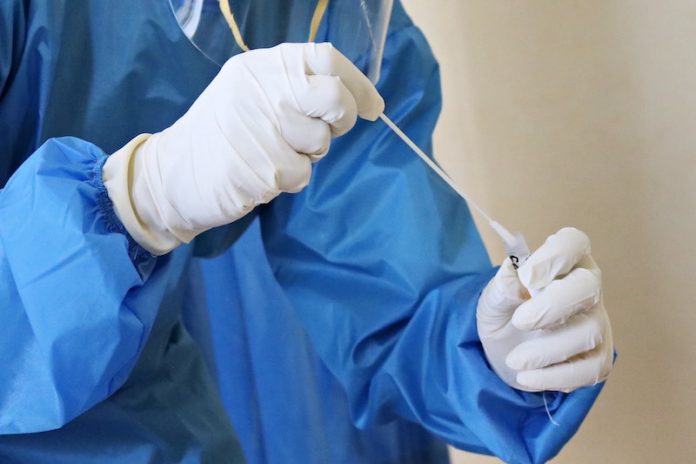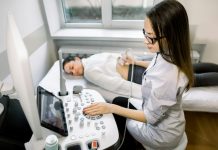
Infection with SARS-CoV-2 leaves some people almost unaffected, while others develop life-threatening COVID-19 symptoms.
So far, researchers do not understand exactly why symptoms and disease severity, especially in infections with the original variant, vary so significantly.
In a new study, researchers discovered that severe courses of the disease are not only marked by strong immune activation and inflammatory reactions, but also by a dysfunctional endothelium—in other words, the vascular system.
If this barrier between blood flow and tissue is damaged, the patient’s condition deteriorates.
In the study, the team examined which immune cells are activated in severe cases and in what way the endothelium, in other words, the blood vessels, and their activation play a role in the disease progression.
The endothelium is a thin layer of cells that line blood vessels, forming a barrier between blood flow and the surrounding tissues.
Infection with SARS-CoV-2 appears to cause strong activation of immune and endothelial cells in the lungs.
The scientists studied 25 patients with severe COVID-19 and 17 recovered patients in the intensive care unit (ICU).
They were able to prove that the severity of the disease is linked to disruption of the endothelial barrier and can be measured by looking at inflammatory and endothelial plasma proteins.
A pattern of seven plasma proteins appears to be associated with a severe form of the disease, which is characterized by strong inflammatory processes and in which the endothelium is permanently damaged.
Furthermore, recovery from severe COVID-19 cases seems to be related to the regeneration of this endothelial barrier.
Which immune cells were detected in the COVID-19 ICU patients? The study showed excessive activation of T-lymphocytes and natural killer cells as well as the development of memory T cells that can produce large amounts of antibodies.
The researchers found particularly interesting that the immune cell phenotype of these patients mainly changed over time and was less related to the progressive severity of the disease.
The researchers were able to demonstrate that ICU patients with COVID-19 can be divided into different groups based on their plasma protein profile, which is associated with disease severity.
This finding is of great importance for the identification of potential biomarkers for severe COVID-19 courses as well as for the development and use of new therapeutic concepts.
If you care about Covid, please read studies about the cause of severe disease and death in COVID-19, and existing drug that could prevent COVID death.
For more information about Covid, please see recent studies about the most effective face-mask practices to reduce spread of COVID-19, and results showing that COVID-19 booster shots prompt stronger, longer protection than original shots.
The study is published in Signal Transduction and Targeted Therapy and was conducted by Prof. Christine Falk et al.
Copyright © 2022 Knowridge Science Report. All rights reserved.



